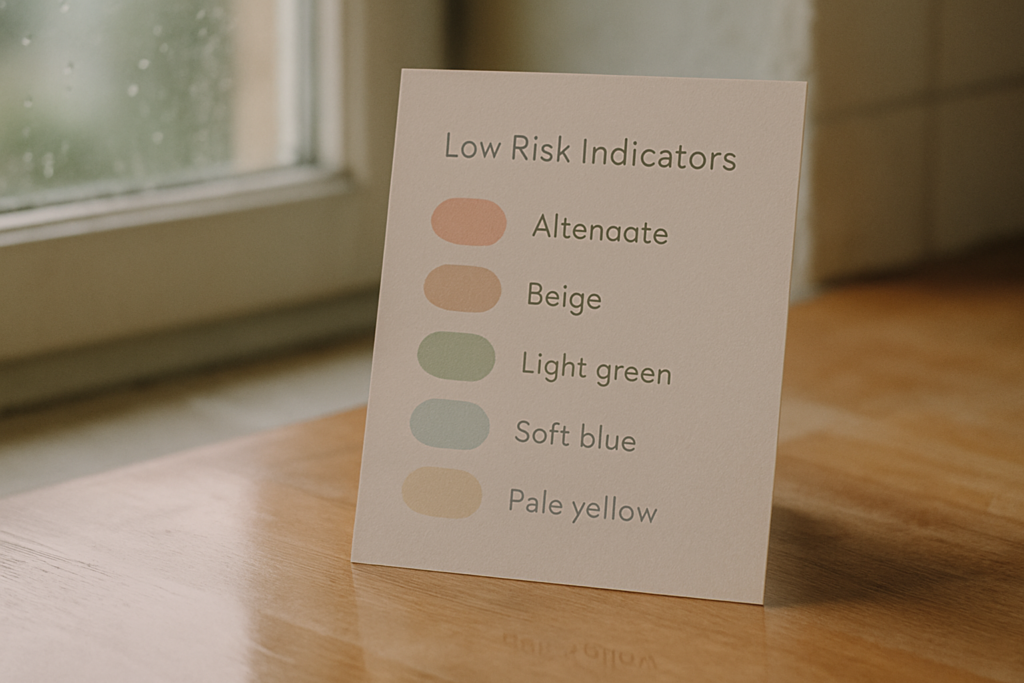Understanding Secure Betting
Secure betting involves employing strategies to mitigate risks while aiming for profitable outcomes. I always stress the importance of informed wagering. This means analyzing relevant data and statistics before placing any bets. Relying on gut feelings alone can lead to losses.
- Risk Management: Managing risks is crucial. Allocate only a small percentage of your bankroll to each bet. For instance, using 1-2% of your bankroll per wager can help sustain long-term betting activities. Avoid placing large sums on single bets, which can quickly deplete funds.
- Utilizing Reliable Sources: Always use reliable sources for information. This includes official sports websites, expert analyses, and historical data. These resources offer insights that can guide your betting choices, leading to more secure wagers.
- Betting Systems: Employing a betting system can aid in minimizing risks. Systems such as the Kelly Criterion or fixed percentage betting provide structured approaches. They help in determining stake size based on the perceived value and risk of a bet.
- Avoiding Common Pitfalls: Recognize and avoid common betting pitfalls. These include chasing losses, emotional betting, and placing bets on unfamiliar sports. Chasing losses can result in an escalating cycle of higher stakes and increased losses.
- Continuous Learning: Stay updated with the latest trends and changes in the betting landscape. The more knowledgeable you are, the better your betting decisions will be. Engage in forums, read industry news, and follow expert bettors to enhance your understanding.
Using these strategies, you can make betting a more secure and enjoyable activity. The goal is to increase gains while protecting your bankroll from significant losses.
Analyzing Risk Factors
Secure betting involves understanding and managing various risk factors. Analyzing these risks can help in making more informed decisions and safeguarding your bankroll.
Identifying Common Risks
Common risks in betting range from financial loss to personal data breaches. Overspending is a prevalent risk—setting a budget is crucial to mitigate this. Users should also be wary of unreliable betting platforms, as they can lead to financial and data loss. Emotional betting, driven by losses or wins, often results in irrational decisions that amplify risks. Finally, insufficient knowledge about the betting industry can lead to poor bet placements.
Evaluating Bet Types and Odds
Evaluating different bet types and their associated odds can significantly enhance betting strategies. Single bets are straightforward but offer lower potential returns compared to accumulators, which increase risk with each added event. Each bet type has different risk levels; understanding these nuances is key. Odds express the probability of an outcome, with higher odds representing less likely events but higher rewards. By comparing odds across reputable bookmakers, it’s possible to identify value bets that optimize potential gains without unnecessary risks.
By analyzing risk factors, identifying common risks, and evaluating bet types and odds, you can approach betting with a more strategic and secure mindset.
Strategies to Minimize Risks

Minimizing risks in betting requires applying strategic measures to ensure a more secure and successful betting experience.
Research and Data Analysis
Accurate research and thorough data analysis are essential. I rely on historical data, current statistics, and trend analysis to make informed decisions. It’s crucial to evaluate team performance, player statistics, and other relevant factors before placing bets. For example, checking a team’s recent form, head-to-head performance, and injury reports can provide valuable insights. This method increases the chances of making profitable bets and reduces the risk of relying on gut feelings or biased opinions.
Bankroll Management
Effective bankroll management maintains long-term betting viability. I allocate a small percentage, typically 1-2%, of my total bankroll to each bet. This approach prevents significant losses from any single wager and allows for sustained betting activities. For instance, if my bankroll is $1,000, I limit individual bets to $10-$20. By adhering to this strategy, I protect my funds and create opportunities to recover from losses without jeopardizing my entire bankroll.
Setting Limits and Sticking to Them
Setting betting limits and adhering to them is vital for risk management. I establish both win and loss limits to maintain discipline and avoid emotional betting. For example, once I reach a set profit, I stop betting to secure gains. Conversely, I set a maximum loss threshold to prevent chasing losses, which often leads to more significant financial setbacks. By implementing and sticking to these limits, I ensure a balanced and controlled betting experience.
Techniques to Maximize Gains
To achieve better returns while betting, employing a variety of strategies is essential. Applying the following techniques can help enhance gains.
Diversifying Bets
Diversifying bets, such as placing different types of wagers in various markets, reduces the impact of a single loss. For instance, spreading bets across point spreads, money lines, and over/under bets increases the likelihood of capturing gains from various outcomes. By balancing risk, I can mitigate potential losses and enhance overall profitability.
Utilizing Betting Tools and Software
Utilizing betting tools and software offers a strategic edge. Tools like odds calculators, statistical analysis platforms, and predictive models act as valuable resources. For instance, odds comparison tools help find the best value by comparing multiple bookmakers. Advanced software can analyze past performance data, providing insights to make data-driven decisions. Leveraging these tools can significantly improve my betting accuracy and return on investment.
Learning from Expert Bettors
Learning from expert bettors can refine my betting strategies. Engaging with successful bettors through forums, social media, or mentorships provides access to their knowledge and experience. Observing their tactics and understanding their reasoning for specific bets offers valuable insights. Incorporating these expert insights into my betting approach can lead to better decision-making and increased profitability.
Maximizing gains in betting requires a multifaceted approach, including diversifying bets, utilizing advanced tools, and learning from seasoned bettors. Each technique contributes to enhancing profitability and achieving better returns.
Legal and Ethical Considerations
Understanding the legal and ethical factors in betting is crucial for a secure and profitable experience.
Staying Within Legal Boundaries
Complying with local laws is essential in betting. Research the regulations in your jurisdiction to ensure your activities are legal. Avoid unlicensed platforms, which can lead to legal troubles. The American Gaming Association (AGA) provides guidelines on legal betting practices in the United States. Always verify the legitimacy of online betting sites by checking for licenses from recognized authorities like the United Kingdom Gambling Commission (UKGC) or the Malta Gaming Authority (MGA).
Responsible Betting Practices
- Practicing responsibility protects against financial losses and addiction.
- Set personal betting limits to avoid overspending. Utilize tools like self-exclusion programs and deposit limits available on many betting platforms.
- The National Council on Problem Gambling (NCPG) offers resources for managing gambling behavior.
- Engage only in betting activities that you can afford, maintaining betting as a form of entertainment rather than income.
- Seek support from organizations like Gamblers Anonymous if you find it challenging to maintain control.









